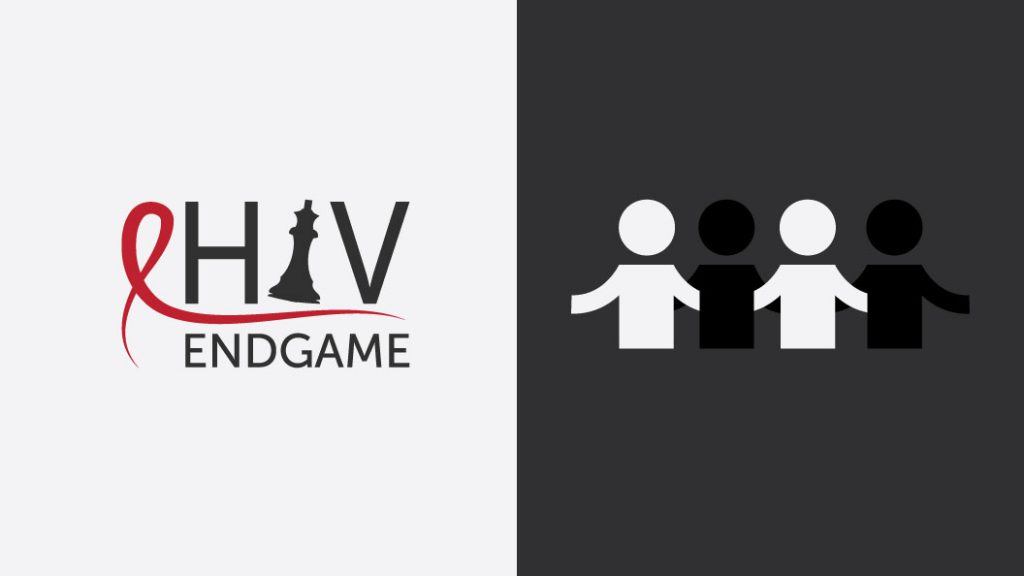Calling for more interventions that address intersectional stigma
Carmen Logie, of the University of Toronto, reviewed the impact that different types of stigma have had on communities affected by HIV. Explaining that stigma and discrimination can be found in community norms, religions, institutional practices, and policies, Logie argued that, while research teams have done a good job of conceptualizing and measuring stigma, there has been less success in developing interventions to reduce stigma.
Studies have shown that HIV stigma, and stigma related to racism, sexism, and homophobia, have negative impacts on health. Logie explained that women living with HIV experience an intersection of stigma around sex work, racism, homophobia, transphobia, sexism and gender discrimination, and HIV at the micro (intra/interpersonal), meso (community), and macro (structural/institutional) levels.
Research from the Canadian HIV Women’s Sexual and Reproductive Health Cohort Study (CHIWOS) has shown that sexual minority women living with HIV experience greater stigma. Logie noted that gender-based violence and housing insecurity are also associated with HIV stigma, sexism, and racism, highlighting the need for intersectional approaches.
Emphasizing the need for interventions that work across multiple levels and address multiple underlying factors, Logie argued that there is especially a need for more stigma interventions that focus on community level attitudes and intersecting forms of stigma – including information-based approaches, skills-building, support groups, and contact and storytelling interventions, as well as structural approaches that address laws and policies.
Logie praised art space initiatives from the W4 Project, and body-mapping workshops as promising avenues. She also revealed that she plans to launch a digital storytelling lab in 2017.
In discussing the results from the REACH-funded Trans Priorities Project, Zack Marshall and Yasmeen Persad explained that trans women participating in their study had identified stigma as a high priority. Study participants, many of whom were or had been engaged in sex work, described compounding, intersectional stigma that came from being transgender, racialized, and HIV-positive. Some participants explained that disclosing their HIV status to other sex workers would have interfered with their ability to find clients, and others highlighted the stigma they perceived in health care settings.
